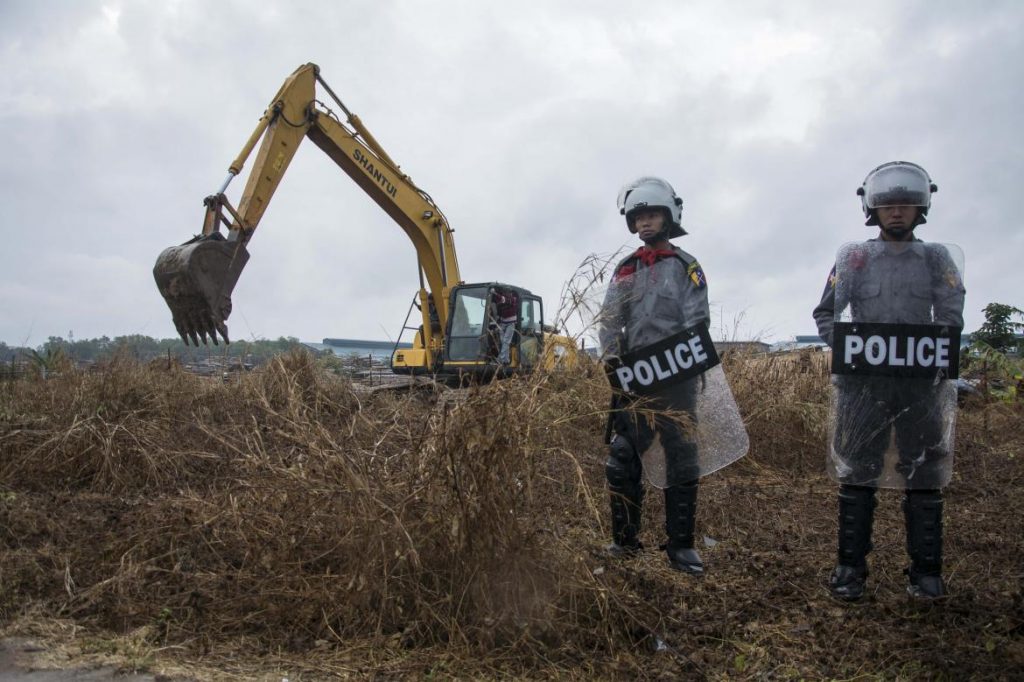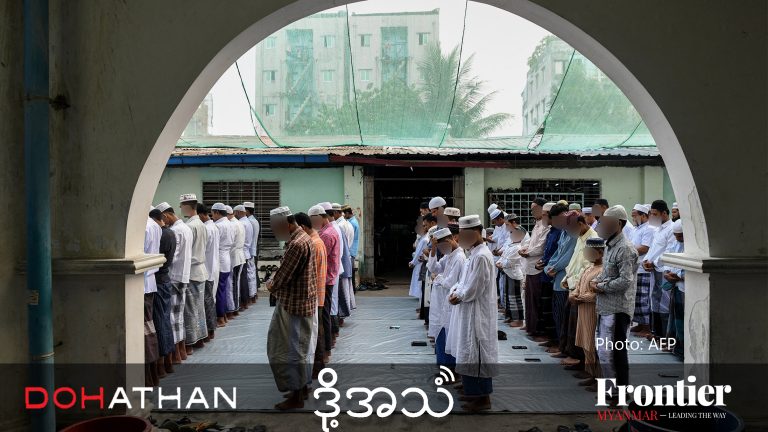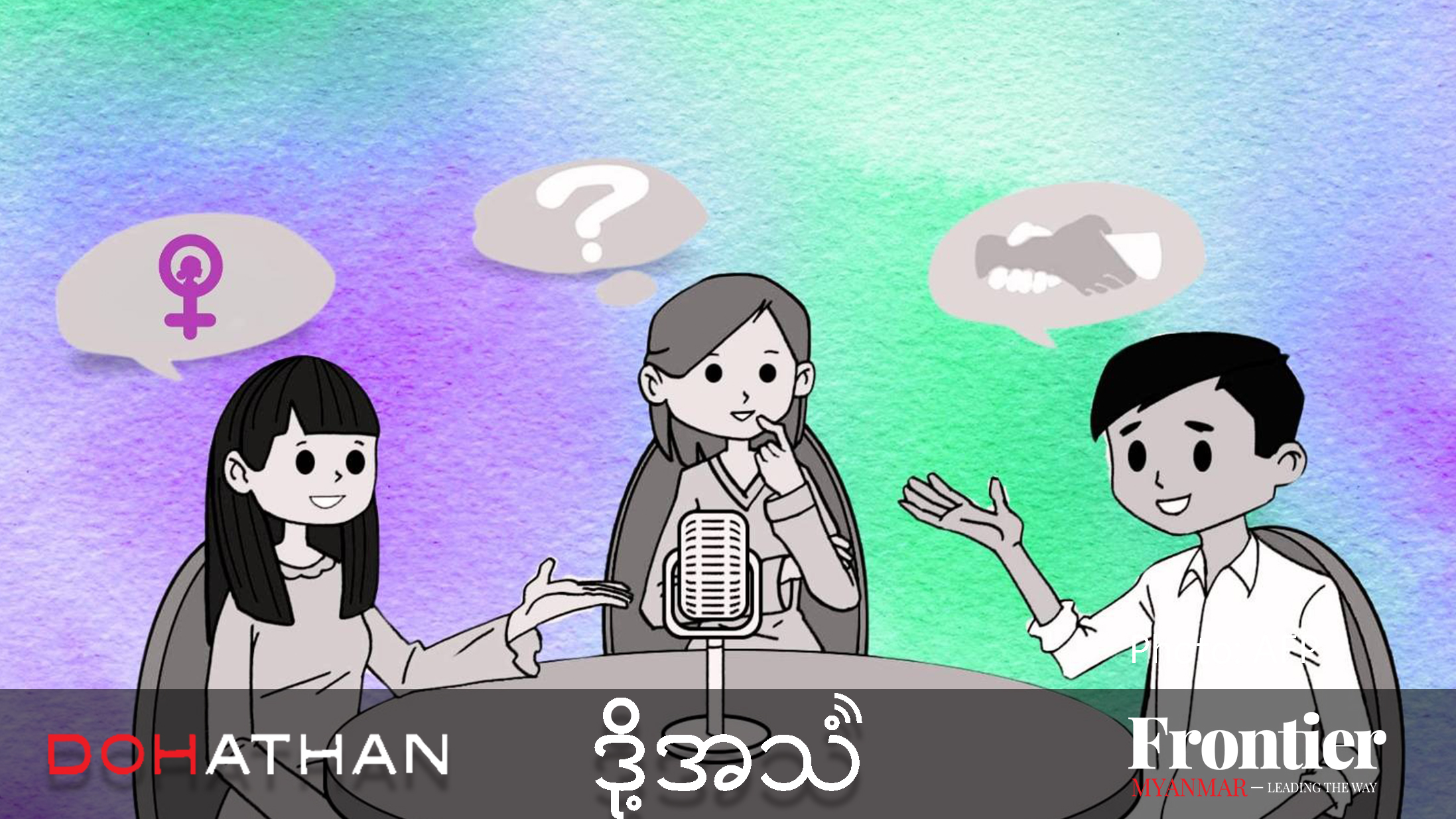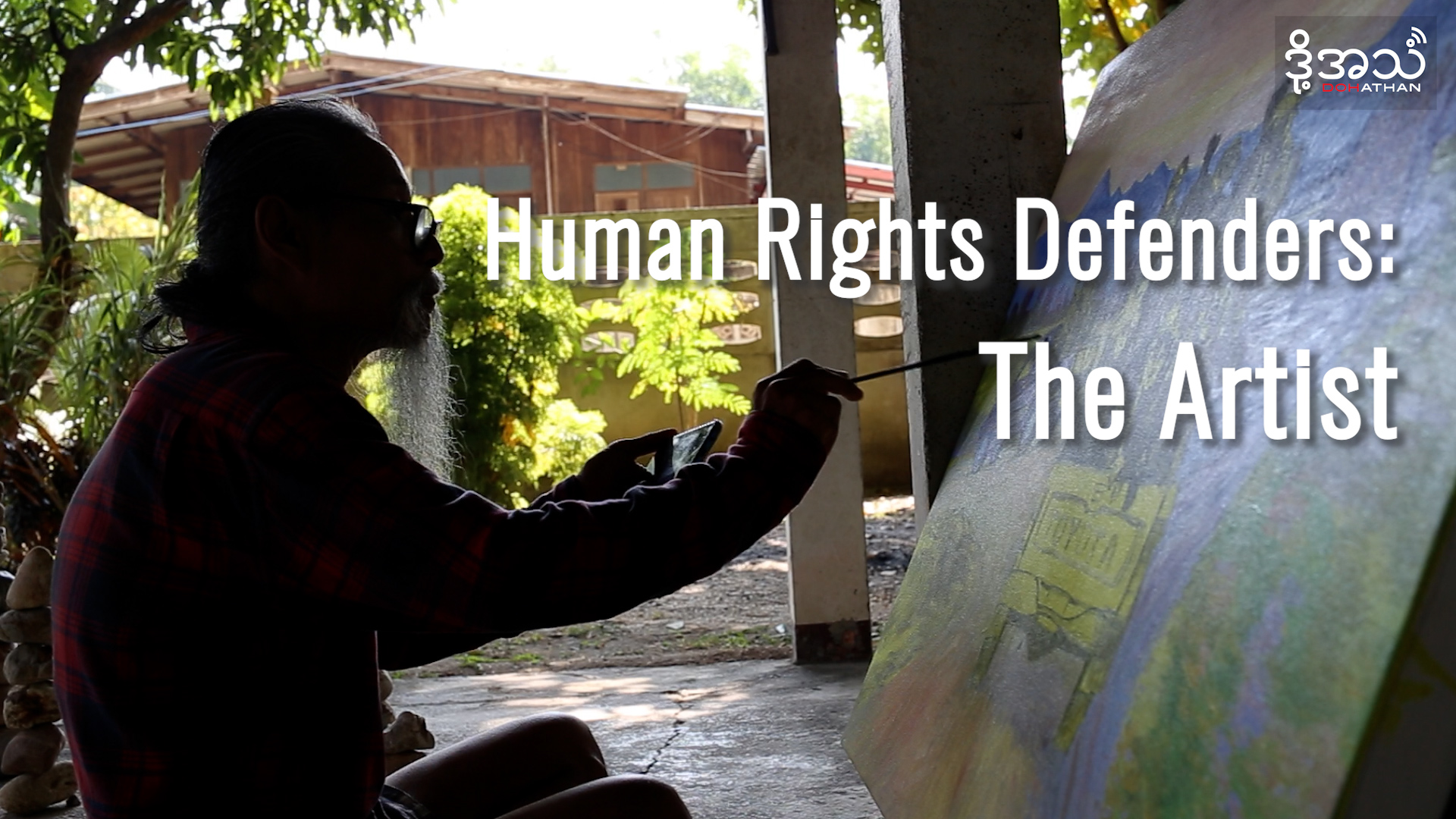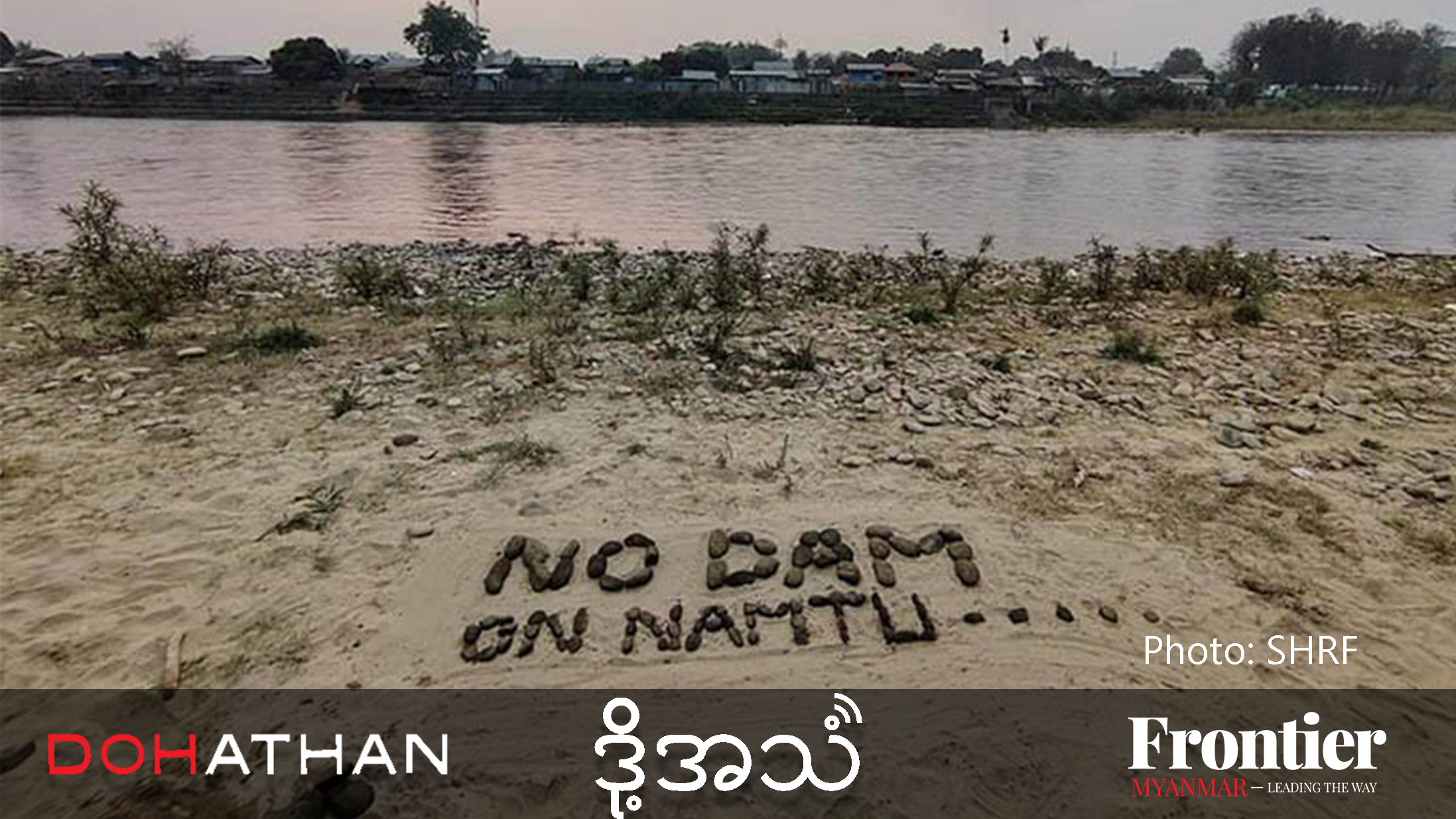The new National Land Use Policy is a positive step, but its principles need to be enshrined in law to protect the vulnerable from land grabs and forced evictions.
By DANIEL AGUIRRE
Disputes over land ownership and use are a major source of social and economic tension in Myanmar as it grapples with political transition and economic development.
Irresponsible investment against the interests and wishes of communities which results in the widespread violation of land-related human rights has been allowed for too long.
The new National Land Use Policy (NLUP), released in the final days of the outgoing parliament in late January, is a welcome step towards improving the governance of land tenure.
The NLUP could not come sooner. An influx of investment has increased demand for land. Poor regulation and lax implementation mean that investors continue to be granted land obtained illegally or under dubious circumstances. Many communities have suddenly found themselves trespassing on land on which they have lived for generations. They are routinely charged with trespassing while their environment and livelihoods are degraded.
Support more independent journalism like this. Sign up to be a Frontier member.
Experience from around the world has shown than human rights principles should frame land law advocacy. In a positive step, the NLUP uses rights-based language in its basic principles. It refers directly to human rights standards in chapters related to land acquisition, the land use rights of ethnic minorities and is framed with explicit reference to the equality of men and women.
On its own, though, the policy is not enough.
Myanmar’s land laws do not adequately protect these rights. Laws enacted in 2012, such as the Foreign Investment Law, the Vacant, Fallow and Virgin Land Law and the Farmland Law, were designed to increase investment, encourage large-scale land use and promote agricultural income. Under this system fewer than half the population have land title. The rest are vulnerable to land grabs and forced evictions, which result in further human rights abuses as people are dispossessed of their means of livelihood and habitat.
Civil society participation is essential to the law reform process. Only then can the government dispel concerns that the NLUP is window dressing for a law promoting investor interests negotiated behind closed doors.
Myanmar’s problematic practice of land acquisition relies primarily on the colonial era 1894 Land Acquisition Act. Although it stipulates procedures for preliminary investigations, notification, and objections – which would help mitigate land-related human rights abuses – in practice they have rarely been followed. Inadequate compensation is a common complaint as people rarely get market value for their land. At the same time, the courts have proved reluctant to address politically and economically sensitive cases.
The NLUP recognises many of these grievances. It consistently refers to a need for participatory, transparent and accountable processes and seeks the recognition of customary land tenure and dispute resolution. To protect existing land users, the policy pledges to develop new procedures and ensure environmental and social impact assessments are completed before land is reallocated.
When the relocation of communities is claimed to be necessary for an overriding public purpose, the NLUP calls for public consultation, negotiation and participatory decision-making, with preference given to local stakeholders. It promises to avoid the loss of land use along with the protection of the environment. In managing the relocation, compensation, rehabilitation and restitution from land acquisition and allocation, unfair land confiscation or displacement, the NLUP commits the government to using clear international human rights standards in consultation with civil society.
Much depends on the composition and decisions taken by the various councils and committees mandated by NLUP. It is unclear how these new bodies will interact with the various committees governing Myanmar’s myriad land-related laws, especially as the policy does not create dispute resolution mechanisms or provide for legal accountability.
It also remains unclear whether the incoming National League for Democracy government will endorse the policy. To disregard such an important step would set the process back by years.
The next government should endorse the NLUP as a mechanism that can be built on and improved over time, as opposed to starting from scratch. From there, it is vital that the new government drafts a new law in conjunction with civil society — if anything is learned from the NLUP it should be that civil society participation is essential to the law reform process. Only then can the government dispel concerns that the NLUP is window dressing for a law promoting investor interests negotiated behind closed doors.
The NLUP’s references to responsible investment, human rights and the protection of the environment are a sound basis for land law reform. The protection of human rights, including land rights, in national law through national courts will improve the rule of law and thereby foster a climate in which sustainable, rights-based development is more likely to occur.
The new NLD-led national parliament should move quickly to draft and adopt a new law governing tenure and land use in line with international human rights standards, to ensure that increasing economic investment and development do not lead to more land grabs and forced evictions. In the scramble for profits, respect for human rights is non-negotiable.


